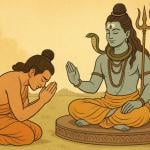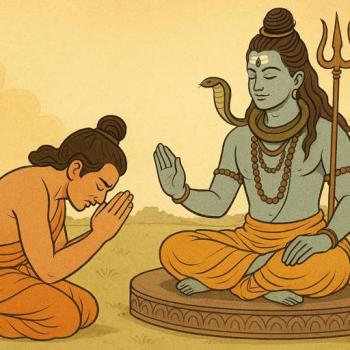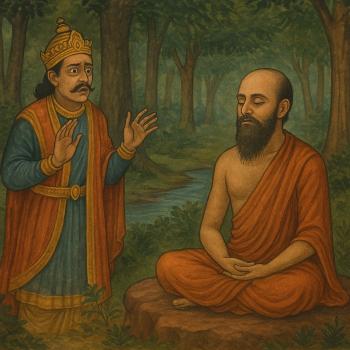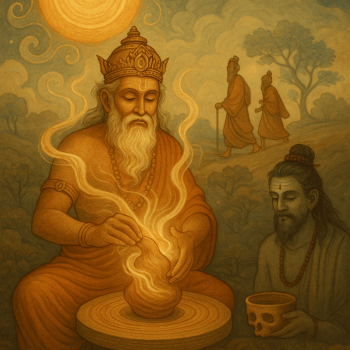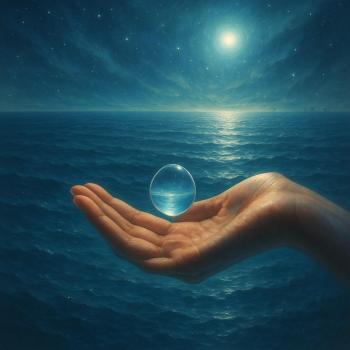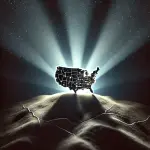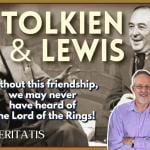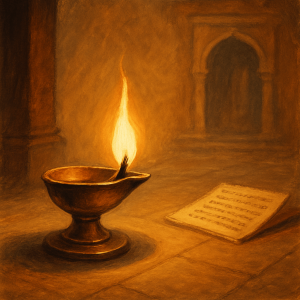
What do you trust more—scripture, science, or your own experience?
This is not a new question. Over 2,000 years ago in India, the Cārvāka philosophers wrestled with the same dilemma. They insisted that pratyakṣa—direct perception—was the only true lamp of knowledge. Today, in a world divided between blind faith and rigid skepticism, perhaps their forgotten wisdom still has something to teach us.
The Ancient Dialogue
In the bustling city of Kashi, tradition tells of a gathering where the ancient teacher Cārvāka sat with his disciples. One day, a seeker approached him and said:
“Master, I sat in meditation. Within me I felt deep peace and joy. I thought—perhaps this is liberation.”
Cārvāka replied with calm seriousness:
“If you have truly experienced that peace, then it is truth. But if someone says that simply reading scriptures without direct experience can bring liberation—that is blind faith. Truth is only that which is known through direct perception.”
The assembly fell silent. And then, as if time’s veil were lifted, three voices from the future appeared—Galileo, Darwin, and Einstein.
Galileo: The Eye of the Telescope
Galileo spoke:
“In my time, all believed the Earth was still. But through my telescope I saw it orbit the Sun. Scripture condemned me, yet truth revealed itself through direct observation.”
Cārvāka nodded: “Tradition may say anything, but the proof lies in what perception reveals.”
Darwin: The Book of Nature
Darwin added:
“Studying birds, fossils, and bones, I discovered life evolves gradually—not created in an instant by divine command. My truth came not from scripture but from observation.”
Cārvāka smiled: “Darwin, your science extends my philosophy. Direct study alone leads to truth.”
Einstein: The Relativity of Reality
Einstein spoke next:
“Time and space are not fixed, but relative. Experiments and mathematics proved this, even when the world resisted. Perception is more than eyesight—it includes reason and experiment.”
Cārvāka agreed: “Exactly! This is the deeper meaning of pratyakṣa.”
Personal vs. Universal Experience
The seeker asked:
“Then is my meditative peace as important as Galileo’s or Einstein’s discoveries?”
Cārvāka answered:
“Yes. Your meditation is a personal truth, while science offers universal truths. But both rest on the same foundation—direct experience.”
Cārvāka Reimagined
That day, philosophers, scientists, and seekers realized:
“Truth is that which is verified in direct experience—whether the silence of meditation within or the mysteries of the cosmos without.”
Cārvāka declared:
“I am not merely a preacher of materialism. I am the lamp of perception—pratyakṣa dīpaka—that illuminates the path of religion and science, meditation and experiment, the individual and the collective.”
A Question for Today
We often frame debates as science versus religion, or faith versus reason. But what if Cārvāka was right—that the truest lamp guiding us is neither dogma nor doubt, but the light of direct perception?
What do you consider more reliable—scripture, science, or your own lived experience?


